Boxville — Review
The Czech studio Amanita brought something new and amazing to the world of adventures. Founded by trained and talented animators, the studio started creating games that aimed to be different. They seamlessly blended game mechanics with elements of animated films, both visually and technologically, as well as narratively. Since then, their approach has worked exceptionally well, with millions of fans and warm reception for each new game. It was understandable that other teams drew inspiration from this style of adventures and began offering their variations. Examples include Papetura, Catie in MeowMeowLand, and Boxville.
Boxville is a charming Ukrainian point-and-click adventure with Slovakian roots, capturing attention on PC last year and attempting to make a mark on the Switch this summer. It's evident that the young team sought inspiration from Amanita, as you can see from the images. However, they also carved their own path in certain aspects. For instance, the stylization and theme of the game may feel a bit unconventional but fitting. Additionally, there's a second layer that hints at something different.
From the title itself, you can probably guess the world in which the game unfolds. It immerses you in a cardboard town where you take on the role of a can. Not an ordinary can, but an anthropomorphic one, with eyes, legs, and arms. The unconventional hero and the game itself don't explain why you play as a can; it's simply an artistic intention of the creators. In this cardboard town, you live peacefully with other cans, and you have a canned pet (a dog) at home. One morning, you wake up and start the day like any other until terrible tremors disrupt everything, causing buildings to collapse. The town faces a disaster, and your dog is missing. You embark on a journey through the city to find your dog and help fellow residents.
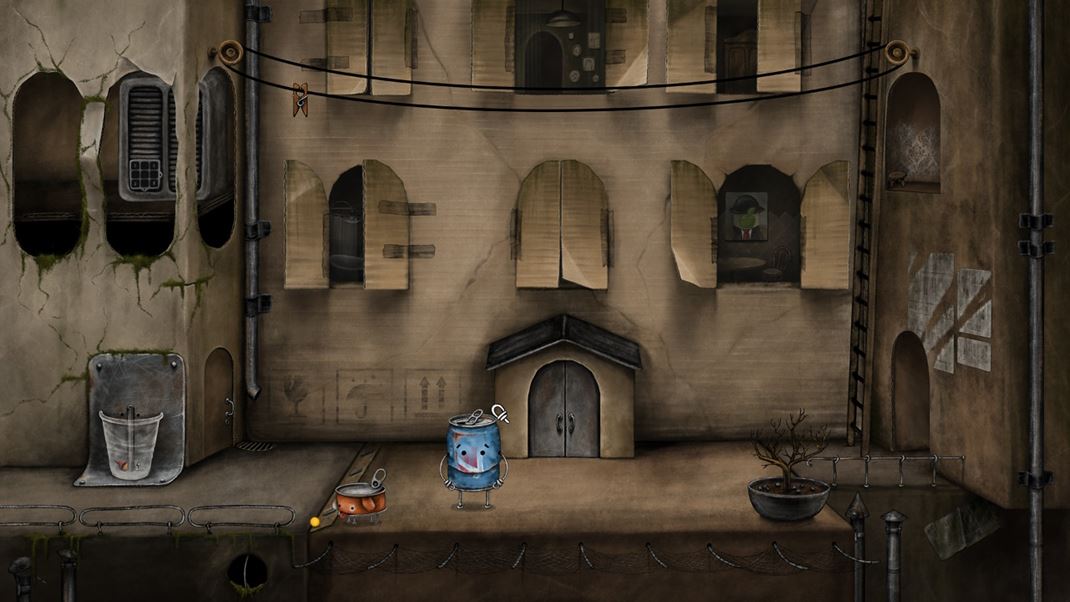
Your tin-can protagonist isn't particularly charismatic or talkative, and the introduction suggests that there won't be much dialogue in Boxville. The story unfolds through scenes, portraying some past events in the form of comic book illustrations. It might be minimal, but it generally suffices. The game presents the story and puzzles in a language-independent manner. While you may occasionally get a bit lost in the "translation," it works fine.
You gradually explore various parts of the town, divided into several neighborhoods. Each neighborhood consists of multiple screens, allowing you to move between them. Only after solving all the puzzles in a neighborhood can you proceed to the next one. This approach somewhat reduces the size of the world, ensuring you don't have to traverse numerous locations. Consequently, your inventory doesn't get cluttered with too many items, sparing you from the task of sorting through various objects and contemplating where to use them.
And that can be a real blessing at times. While you can deduce the solutions to some puzzles or situations or somehow work your way towards them, others are a bit more complicated. In the end, it often comes down to resorting to the method of using everything on everything. However, the number of screens in a given neighborhood is limited, and there aren't too many items, so you eventually reach a solution. The puzzle design can become somewhat bothersome over time, with some puzzles possibly benefiting from additional refinement or tweaking to avoid feeling too arbitrary.
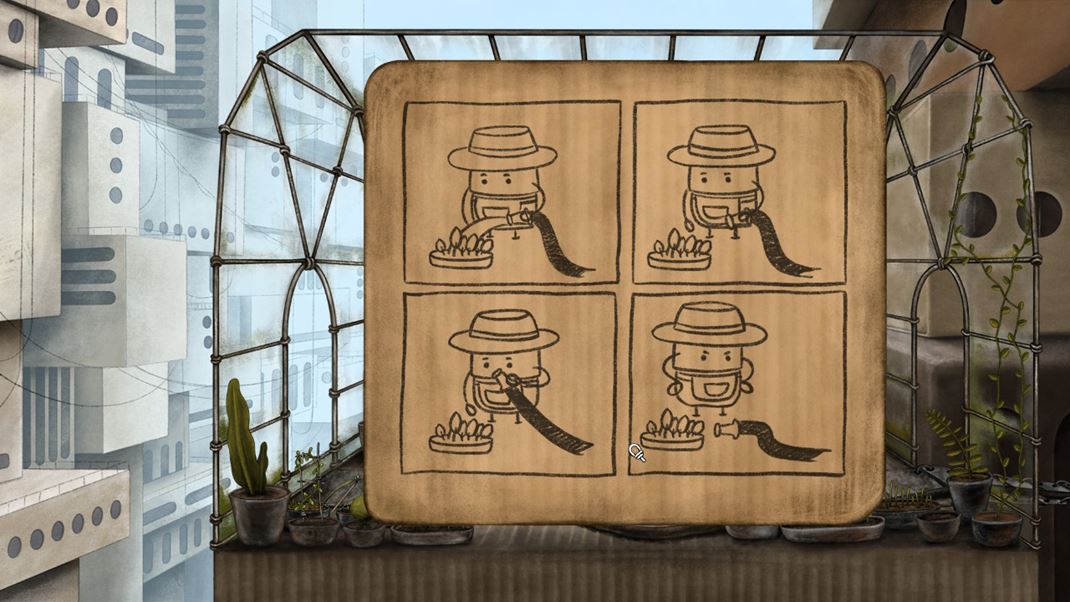
Exploring the world in bits helps counter this issue, as you won't linger in one place for long. The relatively short gameplay is actually a positive aspect, preventing the game from becoming tedious, even though you can finish it in a single evening. The plot flows smoothly, and you won't feel any unnecessary padding. Gradually, you navigate and "interact" your way to the end in about two, maybe three hours. It's not a lot, but considering the game is priced under 10 euros, it somewhat balances out the length. Additionally, the gameplay is spiced up with a few minigames, adding variety.
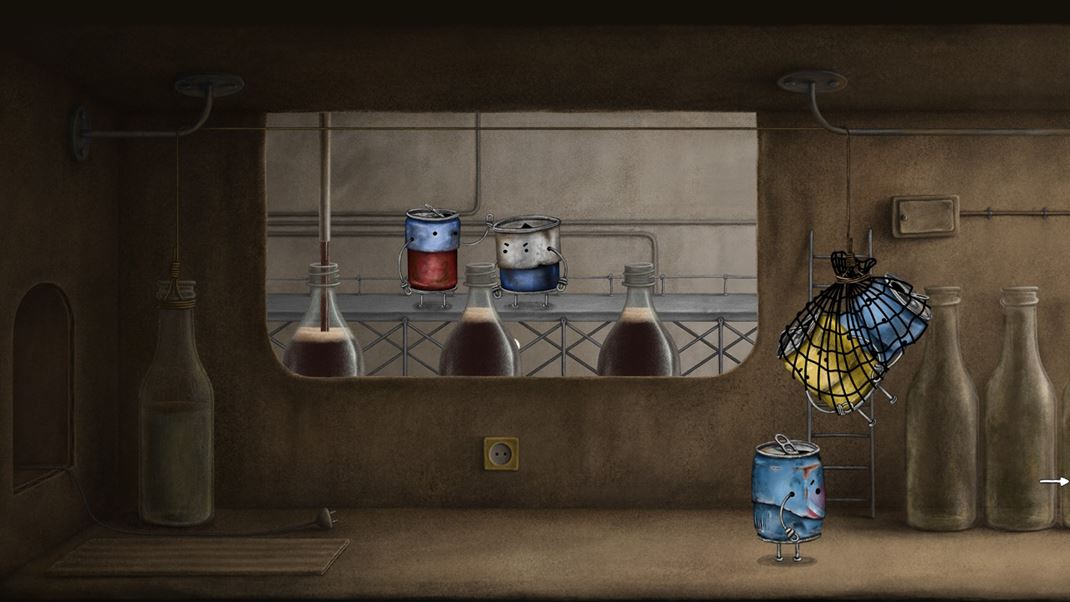
Boxville is a genuine handcrafted effort in terms of graphics. You'll find a massive variety of different characters, environments rich in details, and animations all done by hand. While it might not be as immediately endearing as games from Amanita, and some may not fully resonate with this tin-can-cardboard style, there's objectively not much to criticize. Each scene has its own music, which is a nice touch in terms of creativity, although not all these tracks will memorably stick with you. Some melodies are better, others not as much.
Boxville has its ups and downs. However, one should appreciate the second layer that hints at a slightly different story. The game doesn't explain what caused the turmoil, but you can speculate. You'll also find various other hints, but nothing too overt, and that's for the best. Ultimately, you get a small adventure that doesn't offend, is genuinely hand-animated, and ticks along quite nicely. The plot isn't complicated, but you don't expect it to be. It leaves a good impression as an animated fairy tale, and despite some flaws, you also find a little something extra. However, the absence of touchscreen controls on the Switch is a bit disappointing.


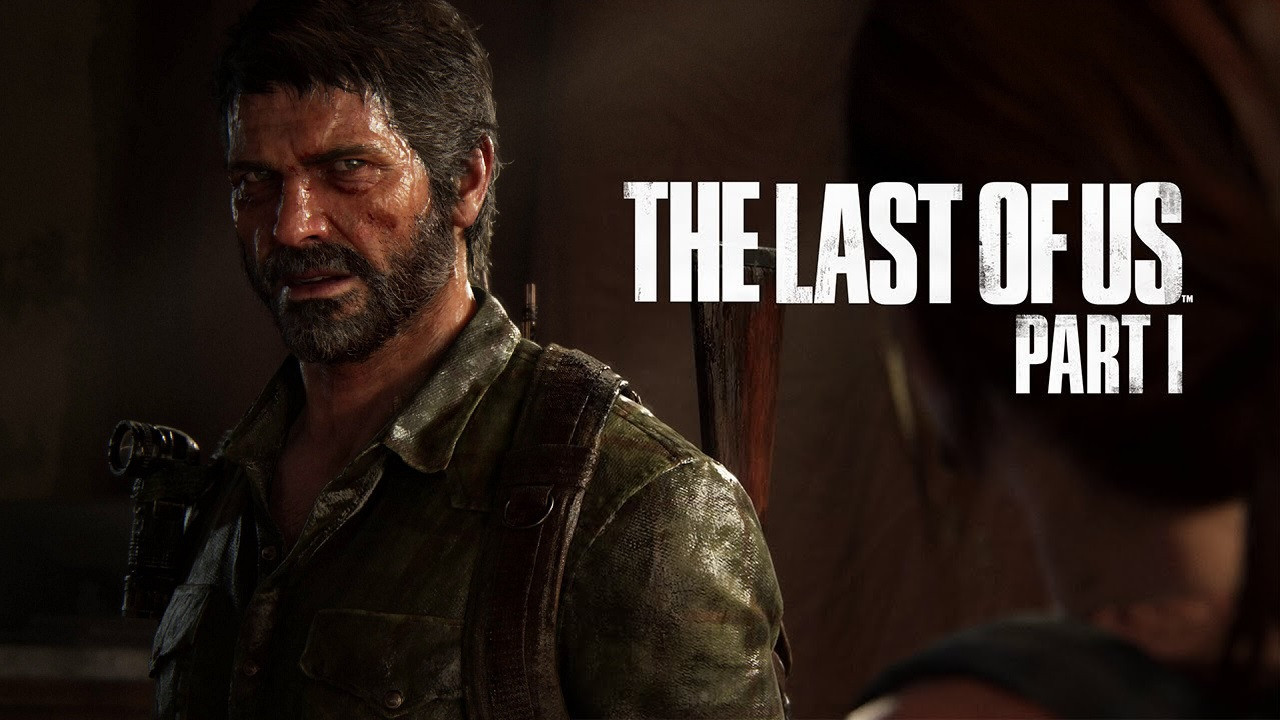
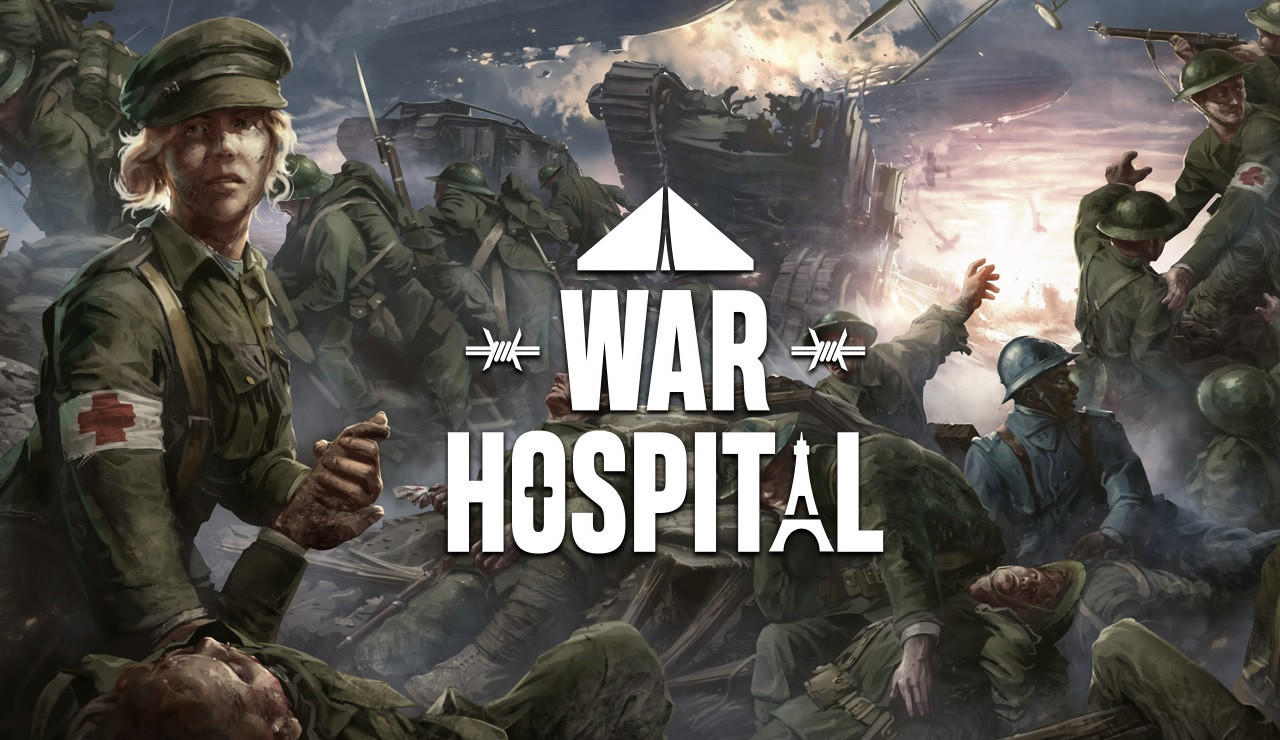
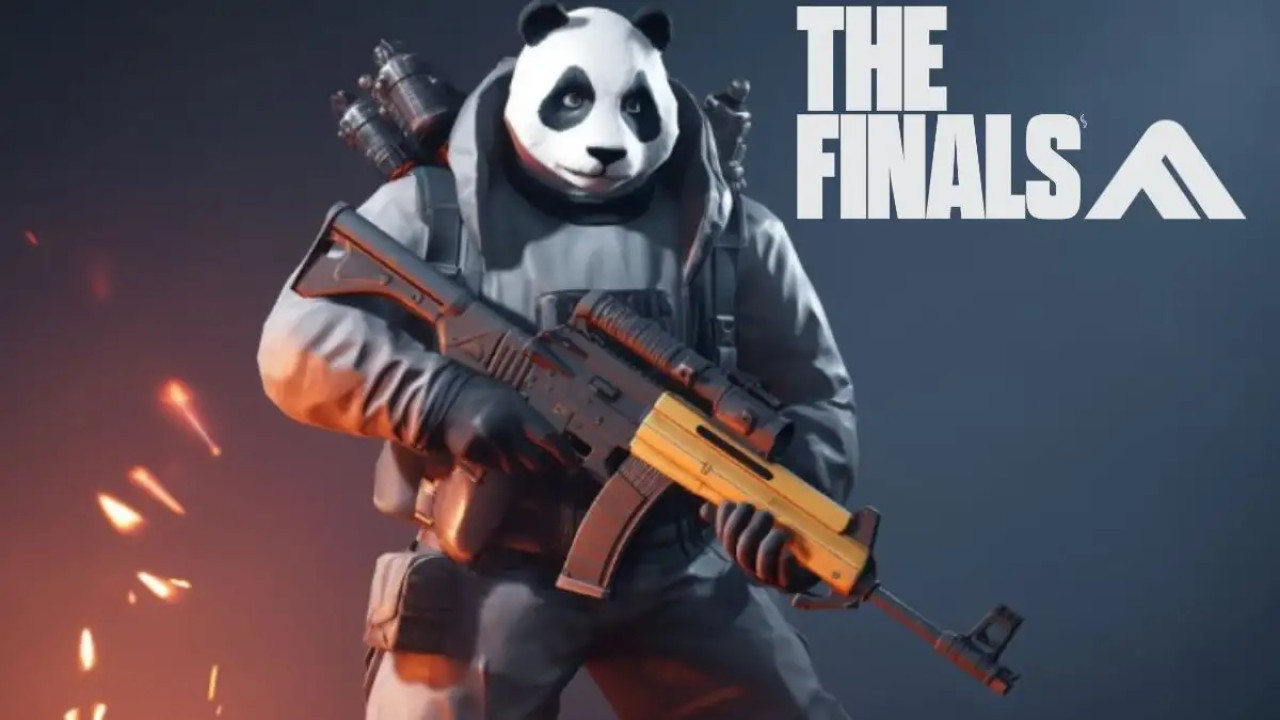

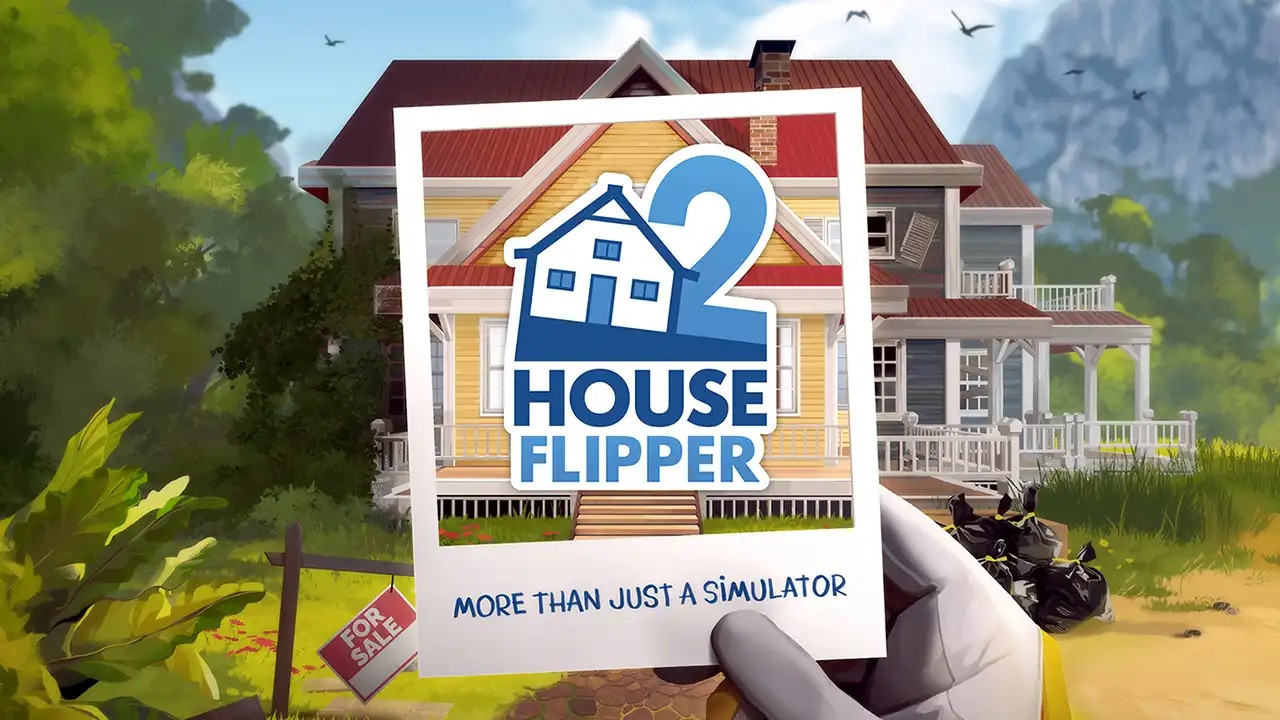
Comments (0)
No comments found